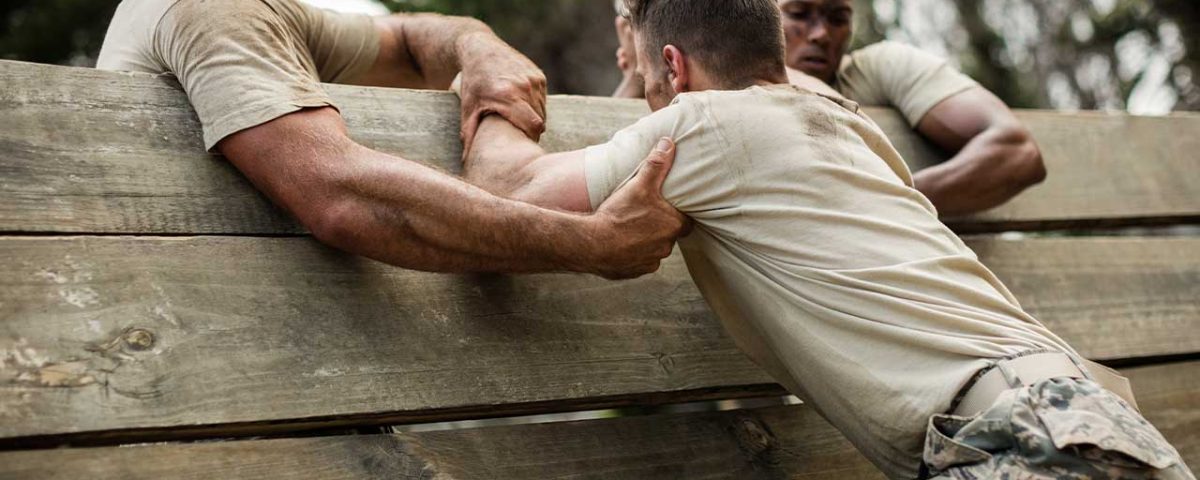The military has perfected the craft of teaching and training individuals to be efficient servicemembers. During the civil war, soldiers used bottles for target practice, and now they use pop-up targets which look life-like. The ratio of rounds shot to enemy killed in the civil war was astronomical compared to the efficiency of soldiers today. Sure, some of this is related to better weapon technology but more has been related to realistic training.
How Military Training Contributes to Eating Disorders
Servicemembers learn through repetition and rehearsal. They are exposed to real-world scenarios over and over until it becomes second nature. I remember how many times we practiced jumping out of a plane and landing before we even jumped from a plane. The military has entire cities which replicate the battlefield for servicemembers to practice on. We learn to function in environments and situations that many people would run from. We learn to take action regardless of emotion.
To be clear I am not saying we are emotionless or in any way robotic. The fact is many of us are very emotional, but we are trained to have an automatic reaction that occurs regardless of emotion. This leaves many of us to place our emotions second to be effective servicemembers. This serves an amazing purpose, which is, to keep us alive but what happens when it doesn’t serve this purpose? What happens when we are asked to feel and not react?
Many of us leave the military and this may not create any dysfunction in our life. Others can become the catalyst to many other problems. We learn to place our emotions second and take action first. This does not always mean the action is productive as it was in the military. Many service members find themselves struggling to deal with emotions after learning to place them second for years. It is certainly eye-opening to make a change of feeling before acting.
I for one found using substances a great way to take action when emotions presented themselves. Which worked for a while until it didn’t. Many others find the use of food restrictions gives them a sense of control over their emotions. Some use binging and purging to get rid of emotions. Then some use binging to “numb out” as one veteran recently told me. These can all begin as ways to “deal” with or more appropriately “not deal” with emotions.
Call Banyan’s Eating Disorder Center Now
Banyan rehab locations have put a focus on working with active-duty service members and veteran communities through the implementation of our Military and Veterans in Recovery program. We recognize the challenges life presents for these individuals and feel it is our duty to help where we can.
We started with bringing veteran programming to our addiction and mental health facilities. After learning there were few resources and eating disorder treatment options, we created one. We continue to meet with leaders in the active duty and veteran populations to identify these gaps and fill them. We will continue to lead the way in serving these individuals who have given so much of themselves.
Call Banyan Treatment Centers today at 888-280-4763 for more information.








